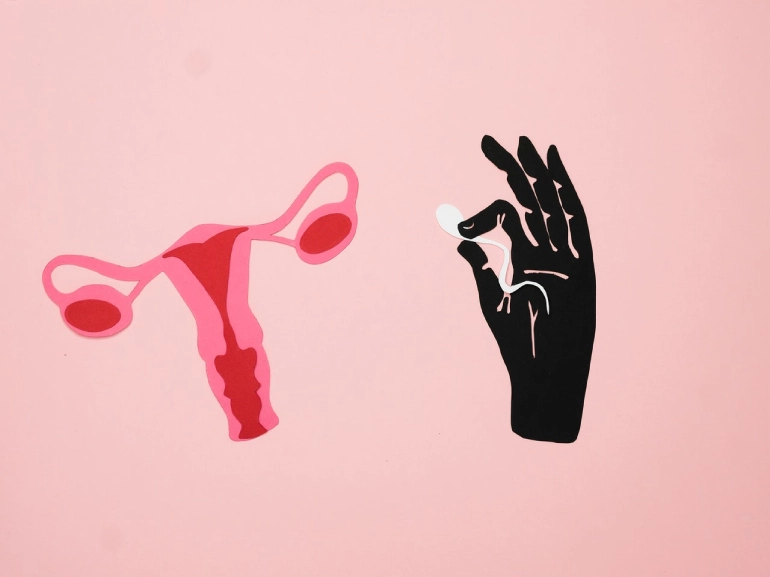Humans are creatures of habit. And once you find a routine that works for you, it can be hard to break out of it, even if it’s not serving you well. This is why you must develop the proper habits soon as possible to enjoy the best results.
You can be someone trying to build a career, a stay-at-home mom, or a student. Whoever you are and whatever you do, there is always room for improvement. If you’re not happy with your current situation, it’s time to change things up a bit and turn your life around for the better.
Here are three small changes that can make a big difference in your health, outlook in life, and overall well-being:
1. Prioritize Oral Health
Your oral health plays a vital role in your overall health and well-being. Poor oral hygiene can lead to periodontal disease, which studies show increases one’s risk of heart disease, stroke, and diabetes. So, if you want to keep your smile bright and prevent serious health problems down the road, make sure to take good care of your teeth and gums.
Start by brushing your teeth at least twice daily, flossing daily, and using an antibacterial mouthwash. You should also eat foods that are good for oral health, such as fruits, vegetables, and whole grains. And, of course, don’t forget to visit your dentist regularly for professional cleanings, checkups, and dental workups.
It also helps if you find ways to ensure you won’t suffer from missing teeth. Know that tooth loss won’t only change your appearance or hurt your confidence but can also affect how you eat and speak. This, in turn, can make it harder for you to stay healthy as it makes it harder to eat certain foods. If you’re starting to lose your teeth, don’t wait too long before replacing a missing tooth or two.
A reliable dentist can recommend the best options for you, like dental implants, bridges, or dentures. When looking for a dental health professional who can help you achieve and maintain optimal oral health, check if they have the necessary experience, skills, and qualifications. Find one that can personalize your treatment plan to ensure that it addresses your specific needs and goals.
2. Practice Mindfulness
Mindfulness is the practice of being present in the moment and paying attention to your thoughts, feelings, and surroundings without judgment. It can help you become more aware of your thought patterns and how they affect your mood and behavior.
Mindfulness can help reduce stress, anxiety, and depression. It can also boost immunity, improve sleep quality, and increase focus and concentration.
Know that there are ways you can be more mindful of everything you do. For instance, when preparing your meals, think about the ingredients you buy, what you cook, and how much you consume. Doing so will help you appreciate your food more, invest in healthier food options, and prevent you from overeating.
You can also try mindful eating, which is the practice of being present and aware of your thoughts, feelings, and sensations while you eat. This includes paying attention to your food’s taste, smell, appearance, and texture and being aware of your hunger and fullness cues. This can help you control your portion sizes, savor your food, and prevent overeating while improving your digestion and helping in dealing with stress and anxiety.

When feeling overwhelmed or stressed, take a few minutes to yourself and practice some deep breathing exercises. Close your eyes and focus on your breath as you inhale and exhale slowly and deeply. Doing so will help you relax and clear your mind.
When you find yourself being your own critic, try to take a step back and observe your thoughts without judgment. Acknowledge your thoughts and feelings without trying to change them. By doing so, you’ll be able to see things from a different perspective and develop a more positive outlook on life.
Practicing mindfulness will enable you to live in the present moment and appreciate the things happening around you. It will also help reduce your stress levels, anxiety, and depression.
3. Limit Your Online Activities
The internet can be a great source of information and entertainment. But too much time online can also lead to problems such as neck and back pain, eye strain, and headaches. It can also affect your sleep quality and make you more prone to anxiety and depression.
Studies show that people who spend more time on social media are more likely to report feeling lonely, anxious, and depressed. This is because social media can fuel comparison and envy, leading to feelings of inadequacy and low self-esteem. If you mindlessly scroll through your feed for hours on end, it’s time to cut back on your online activities.
One way to do this is to set a time limit for yourself. Decide how much time you want to spend online each day and stick to it. You can also try staying off your devices an hour before bedtime to ensure you get a good night’s sleep.
It also helps you find a balance between online and offline activities. Schedule plenty of time for face-to-face interaction, physical activity, and relaxation. Doing so will help reduce your risk of developing mental health issues such as anxiety and depression.
These days, it seems like we are always on the go without any time to slow down. If this sounds like you and you’re ready for a change, try implementing some of these simple lifestyle changes into your routine. You may be surprised at how big of a difference they can make in your life.



